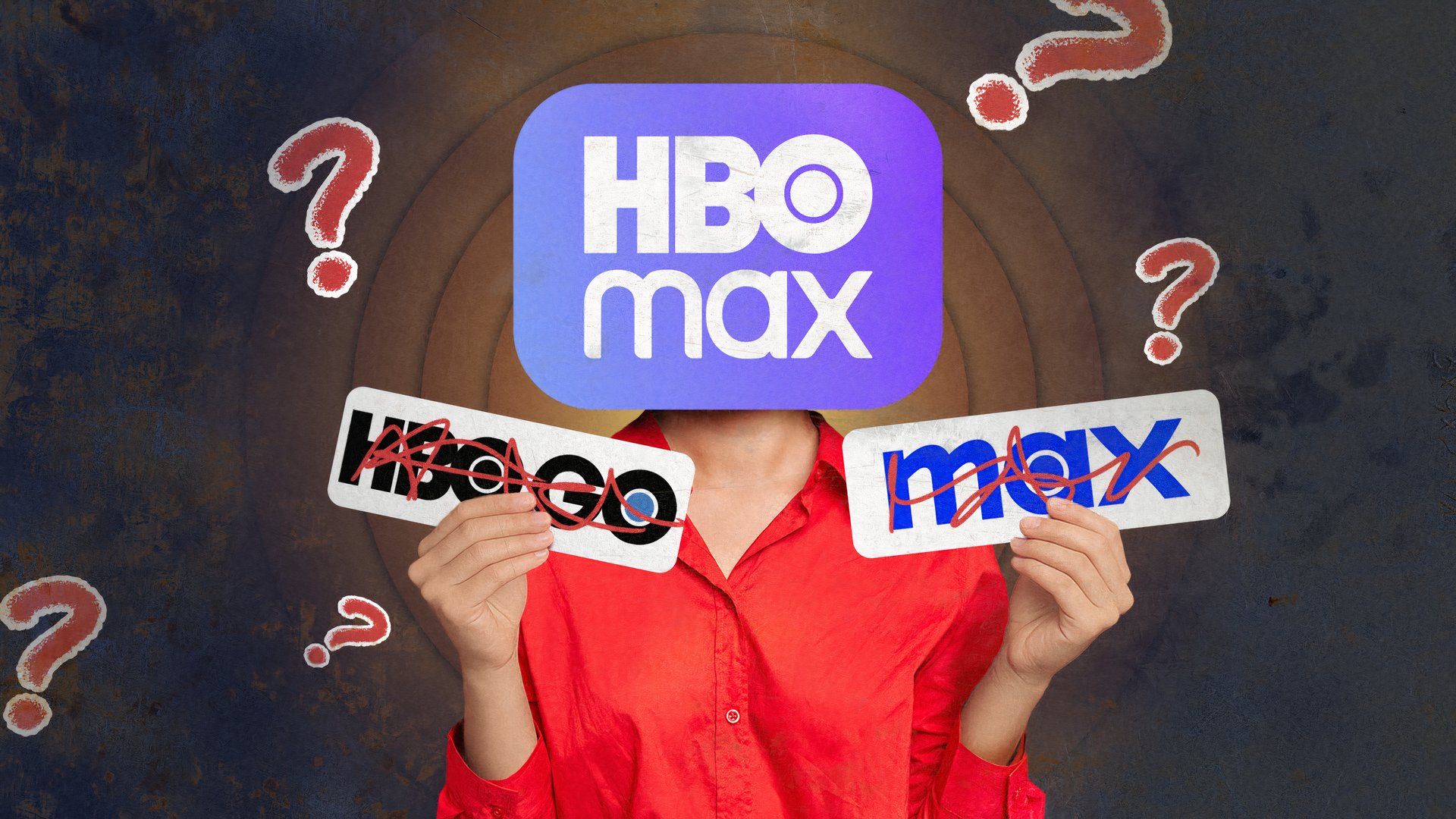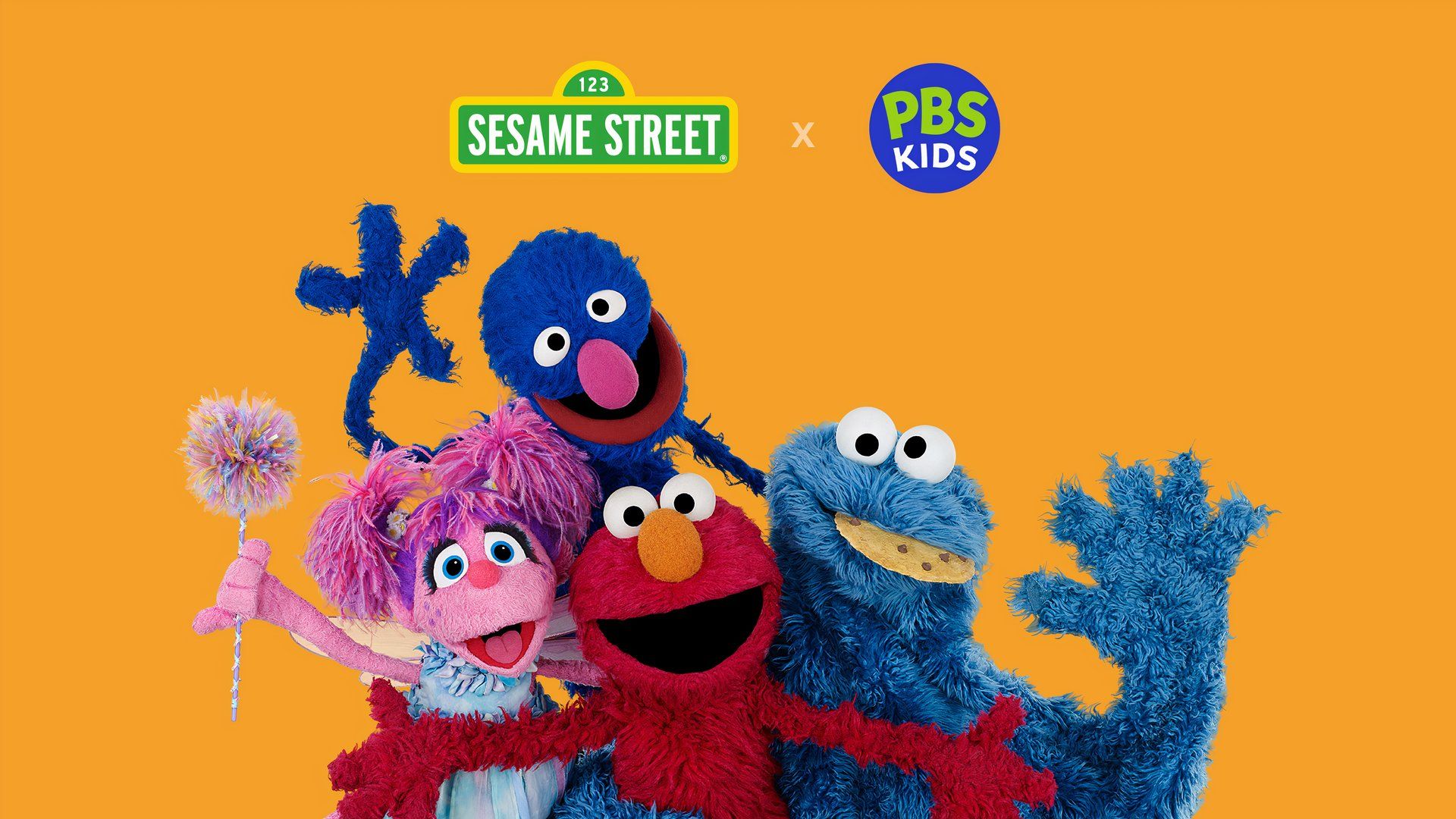Sesame Street has thankfully found a new streaming home after being abandoned by HBO. The TV channel and streaming service had initially purchased the rights for the early-education show, but decided recently not to renew the contract. With Netflix purchasing the long-running show, Sesame Street is saved for another season.
Sadly, Sesame Street has to seek funding from bigger platforms to continue being an entertaining educational show for families. This problem has plagued the puppet-infused series for many years. Despite the constant fight for a budget, there are plenty of reasons why Sesame Street, more than any other TV show, deserves to be saved.
A Trailblazing Show
The amount of work that goes into assembling Sesame Street through the Children’s Television Workshop goes beyond filming puppets and commissioning animation. Since the show’s inception, there’s been a crucial focus on delivering information critical for early development and making it entertaining for kids and adults. It was a monumental task for a PBS show debuting in 1969, but it managed to accomplish the goal with the aid of Jim Henson’s puppet characters.
The show had plenty of trailblazing aspects, ranging from a diverse cast to a thoughtful approach to learning. But the greatest benefit was how the program prepared the preschool crowd for kindergarten in a way that jump-started their education. The benefits of such a show broadcasting on the free platform of PBS can’t be overstated.
Sesame Street and PBS Kids logo with Elmo, Abbie, Grover, and Cookie Monster
Reducing Sesame Street’s education to mere literacy and math would be a mistake. Over the years, the show has become more capable of discussing the tougher topics of divorce, racism, disability, autism, and even death. One of the most heartfelt episodes was when Big Bird struggles to understand the death of Mr. Hooper, reflecting the real-life death of actor Will Lee.
Not only has the show addressed these real-world issues for kids, but Sesame Street even went so far as to create specific videos for children dealing with problems of absent parents or when parents are overseas in the military. This is to say nothing of the many free online resources made available through the Children’s Television Workshop with the Sesame Street branding and characters.
Muppets Vs. The World
Sesame Street’s progressive nature has weathered some choppy waters over the years. When the show was first announced to feature characters of color, several stations in the American south refused to air the program. While they’ve since changed their opinion of the show, the TV series continued to face scrutiny from those despising its earnest nature.
When Sesame Street became a worldwide phenomenon, different versions of the show spread to other countries. This led to the South African iteration, Takalani Sesame, which addressed the local issue of AIDS with the HIV-positive puppet Kami. The attention drew sharp criticism from Republicans who threatened to pull funding from PBS for supporting a show that didn’t try to hide the problem of AIDS.
Finding Funding
Funding has always been an issue for Sesame Street, long past the days when Fred Rogers could convince Congress with one memorable speech. When federal funding was pulled in the early 1980s, the Children’s Television Workshop resorted to product licensing to pay the bills. Despite remaining a constant in PBS programming, the show had to fight hard to continue its existence.
The funding issue reached a resolution when HBO purchased the broadcast rights in 2015. The developmental deal specified that HBO would get first-run rights to new episodes of Sesame Street and that PBS would air those episodes nine months later. Concerns mounted over this move, which, while still making Sesame Street available for free, placed the newest and most relevant episodes behind a paywall on HBO and later HBO Max, before going by Max and then back to HBO Max again.

Related
At first, Warner Media seemed to know how to use Sesame Street with the production of an exclusive Sesame Street spin-off (The Not Too Late Show with Elmo) and a proposed movie. But Elmo’s talk show was canceled, and the film failed to materialize. HBO had given up on Sesame Street and let the contract expire, becoming another casualty of the Warner Bros. Discovery purging. Thankfully, the show has been able to survive cancellation by switching streaming services, as happens when most revered shows get canned.
An Uncertain Future
It wasn’t long before Sesame Street found a new deal with Netflix. The show even got a better deal with a same-day broadcast of new episodes on Netflix and PBS. While there is some relief in the show getting more backing, the shift highlights how hard it is for Sesame Street to stay present.
Netflix has ensured that Sesame Street will continue, hopefully towards its 60th year, but only for so long as the streaming service wants to spend money on it. This show has become more than entertainment; it is an institution for early education. The government should pay for such an invaluable resource. Instead, it’s reliant on the same streaming service deciding whether or not there should be another season of Love Death + Robots.
For now, Sesame Street will keep educating and entertaining the way it always has. Netflix has picked up the ball where HBO Max fumbled and Congress failed. How long Netflix will support the show and keep it free on PBS remains to be seen. In a perfect world, Sesame Street would be funded forever for how essential it’s become as a part of TV education.

